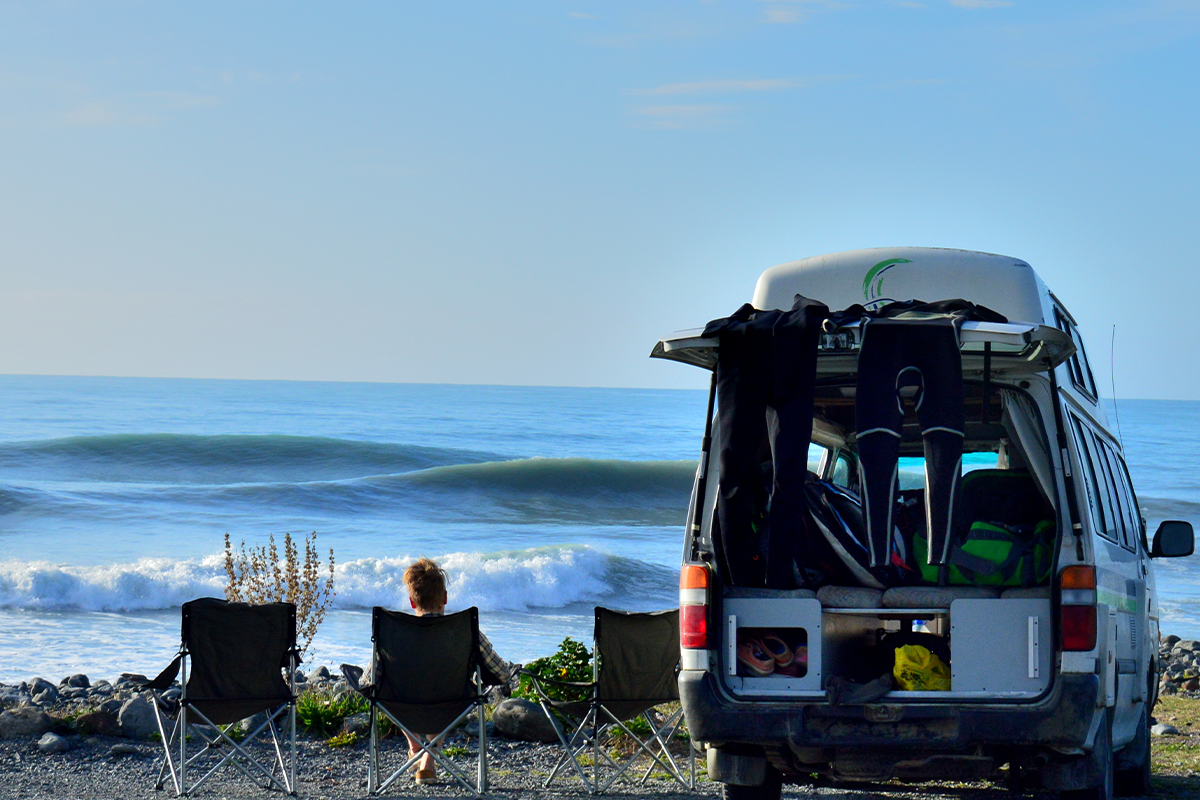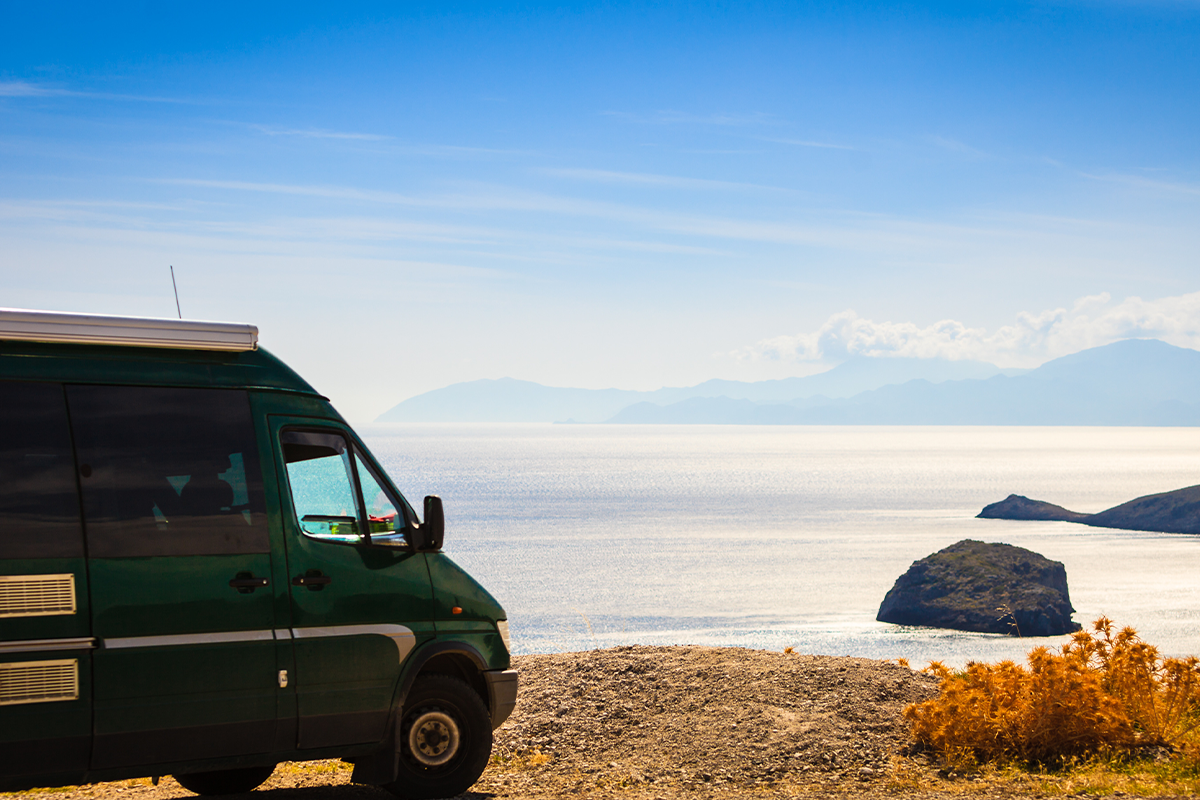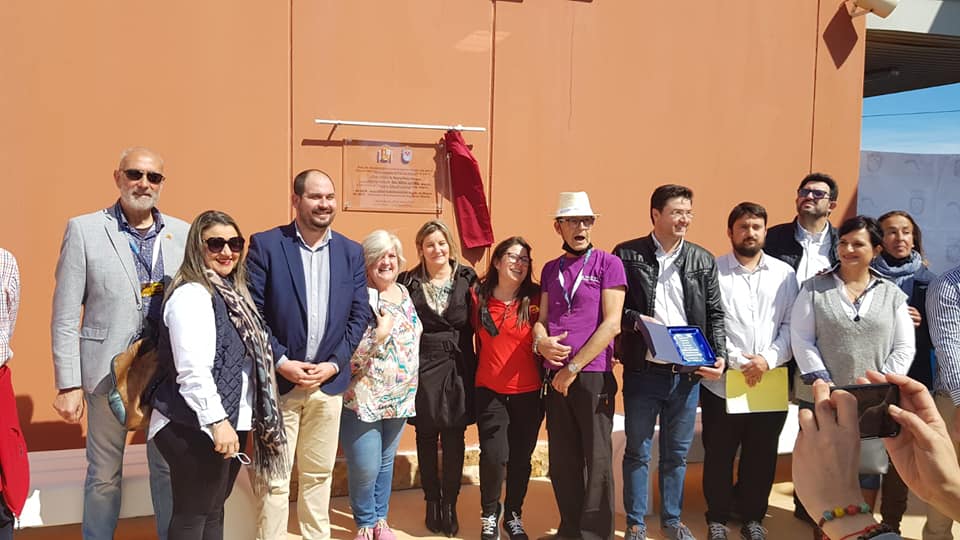The Government of the Canary Islands has taken a significant step toward regulating outdoor tourism with the Draft Regulation on Outdoor Tourist Accommodation Establishments, which entered the public consultation phase on June 19, 2025. Open for public input until July 19, 2025, this regulation comprehensively addresses campsites, motorhome camping and overnight areas, and other outdoor accommodations in the archipelago for the first time.
At FURGOCASA, we break down the key points of this regulation and its impact on motorhome tourism in the Canary Islands.
DOCUMENTATION
A Legal Framework to Organize Outdoor Tourism
Tourism and Employment Counselor Jéssica de León has described this regulation as the “birth of a new accommodation modality” in the Canary Islands. The lack of specific legislation had led to issues such as uncontrolled camping, environmental impacts, and legal uncertainty. The new regulation aims to promote sustainable tourism, ensuring quality, accessibility, and environmental respect, in line with the UN’s 2030 Agenda Sustainable Development Goals.
The regulation classifies outdoor tourist accommodation establishments into five categories:
-
Campsites: Areas with facilities and services for mobile accommodations, permanent structures, or associated hostels.
-
Motorhome, caravan, and similar camping areas: Designated zones for overnight stays and vehicle maintenance, offering services like water, electricity, and waste disposal points.
-
Motorhome, caravan, and similar overnight areas: Spaces for short stays (up to 72 hours) with basic services.
-
Camping in isolated rural buildings: Accommodations on land linked to culturally or agriculturally significant rural properties.
-
Unique tourist accommodations: Distinctive structures like treehouses or yurts, regulated by municipal planning.
Camping and Overnight Areas: What Motorhome Users Need to Know
The regulation dedicates specific chapters to camping areas and overnight areas for motorhomes, caravans, and campers, addressing the growing demand for this type of tourism. Here are the most relevant details:
Motorhome Camping Areas
-
Minimum services: Include potable water supply, waste disposal points for gray and black water, sanitary facilities (at least one toilet, sink, and shower per 20 spaces), underground electricity, a first-aid kit, 24-hour surveillance, and accessibility for people with disabilities.
-
Classification: Divided into categories from 3 to 5 tents (and 5-tent luxury), based on a points system for additional services like pools, supermarkets, free Wi-Fi, shaded areas, or Canarian cultural activities. For instance, obtaining the EU Ecolabel for tourist accommodations grants 50 points, while increasing plot sizes by 50% adds 20 points.
-
Restrictions: The maximum stay is 6 months, and the sale or leasing of plots is prohibited. Plots must be at least 32 m² (60% of the total) or 25 m², with 5-meter-wide internal roads to facilitate circulation.
-
Location: Cannot be established in high-risk areas such as near high-voltage lines, public water domains, protected spaces, or fire-prone zones.
Motorhome Overnight Areas
-
Short stays: Designed for stops of up to 72 hours (extendable until 10:00 AM the following day), ideal for tourist itineraries, especially in inland and mid-altitude areas.
-
Essential services: Include one potable water tap (two for areas with over 20 plots), a waste disposal point, showers and sanitary facilities (for over 15 vehicles), electricity in at least 30% of plots (for areas with over 20 plots), and an electric vehicle charging station (for over 30 plots). They must also offer at least three additional services, such as Wi-Fi, industrial washing machines, or pet areas.
-
Infrastructure: Plots of 32 m² (60%) or 25 m², 5-meter-wide roads (or 3 meters for one-way), a 1.5-meter perimeter fence, reduced lighting from 11:00 PM, and clear signage (maximum speed of 10 km/h, no acoustic signals).
-
Restrictions: Camping (e.g., setting up tents or fixed elements) and outdoor cooking are prohibited, except in designated areas. Vehicles may use awnings and portable furniture within their plot.
Complementary Overnight Areas
These areas, linked to primary tourist activities (e.g., wineries or museums), can share services with the main establishment but are limited to 5 plots, except when associated with a campsite.

Ban on Free Camping
The regulation explicitly prohibits free camping for tourist purposes outside regulated establishments to protect natural resources and landscapes. Free camping is defined as any overnight stay in tents, caravans, or motorhomes without authorization on non-designated land. However, parking motorhomes in authorized public areas without deploying elements or discharging waste is not considered camping.
Simplified Administration and Responsibilities
To streamline the opening of these establishments, operators only need to submit a responsible declaration to the island’s Cabildo, which handles registration in the General Tourism Registry. Responsibilities are distributed as follows:
-
Canary Islands Government: Regulates installation conditions, minimum services, inspections, and sanctions.
-
Cabildos: Manage responsible declarations, registrations, and campsite classifications.
-
Municipalities: Issue municipal licenses, inspect self-protection plans, and designate authorized areas.
For a 5-year transitional period, municipalities without regulated establishments may designate temporary camping and overnight zones, provided they comply with location restrictions.
Public Participation
The draft is available on the Canary Islands Government Transparency Portal until July 19, 2025. Motorhome users, associations, environmentalists, and citizens are encouraged to submit proposals to improve the text, which will take effect three months after its publication in the Official Gazette of the Canary Islands.
Impact for Motorhome Users
This regulation is great news for motorhome and camper users:
-
Greater legal certainty: Clear rules for overnight stays and camping, ending legal ambiguity.
-
Quality infrastructure: Areas equipped with essential services tailored to motorhome needs.
-
Sustainability: Protection of sensitive areas and promotion of environmentally friendly practices.
-
Diverse options: From short-stay overnight areas to luxury campsites with premium services.
At FURGOCASA, we celebrate this regulation that positions the Canary Islands as an ideal motorhome destination. We invite you to participate in the public consultation and follow our updates for the latest on this regulation and other motorhome-related topics.
Sources: Gobierno de Canarias, Proyecto de Reglamento, Diario de Avisos, RTVC, Hosteltur
 Español
Español  Inglés
Inglés 



